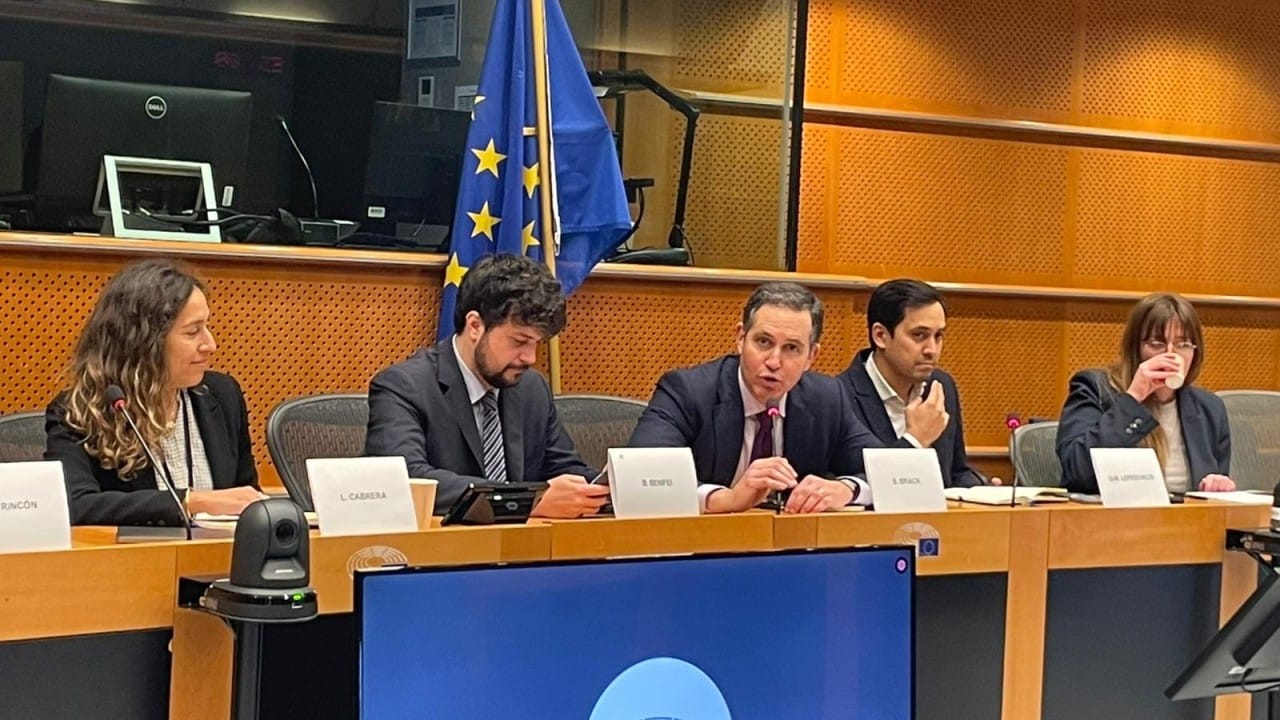On 11 December 2024, Kofi Annan Foundation Senior Adviser Sebastien Brack participated in a discussion hosted by Member of the European Parliament (MEP) Brando Benifie, co-rapporteur of the EU’s Artificial Intelligence (AI) Act, at the European Parliament.
Key Takeaways
- While the report commissioned by the Kofi Annan Foundation– The GenAI Factor at the Ballot Box – concluded that AI did not play as big a role in the 2024 elections as anticipated, it was used mainly by populist parties and foreign powers;
- AI is a growing threat to democracy, not just as a tool of opinion manipulation by political entrepreneurs and foreign powers, but also because it undermines trust in the integrity of elections, one of the bedrocks of democratic systems;
- The EU’s new framework for the regulation of tech, especially the AI Act, but also the Digital Markets Acts and the Digital Services Act, inter alia, offer an unprecedented example of what can be done to shore up electoral integrity in the digital age, but they are yet largely untested, and their enforcement by the EU will be a challenge;
- Participants highlighted the difference with the US, which has no such regulatory framework and where there is no prospect of any consensus amongst the political class about what can and should be done;
- This leaves the tech sector to pursue “self-regulation” as embodied in the Tech Accord, but even representatives of tech corporations present opined that this is a sub-optimal situation.
- Democratic governments, civil society and the tech sector need to work together to ensure that democracy can survive and thrive in the digital age.
We are also grateful to the panellists, Quang-Minh Lepescheux, Director, European Government Affairs, Microsoft; Laura Lázaro Cabrera, Director of the AI Programme, Centre for Democracy & Technology, Daniela A. Rincón, Democracy Reporting International; and Sofia Viviani, from Eumans.





